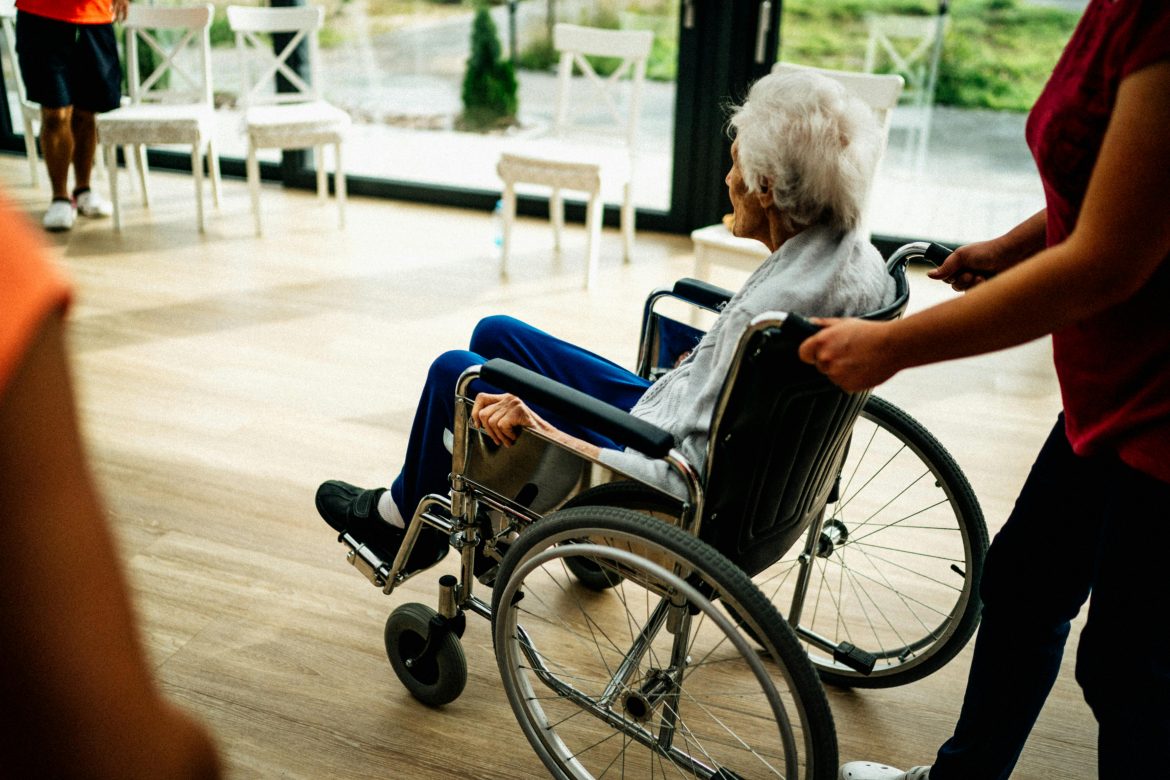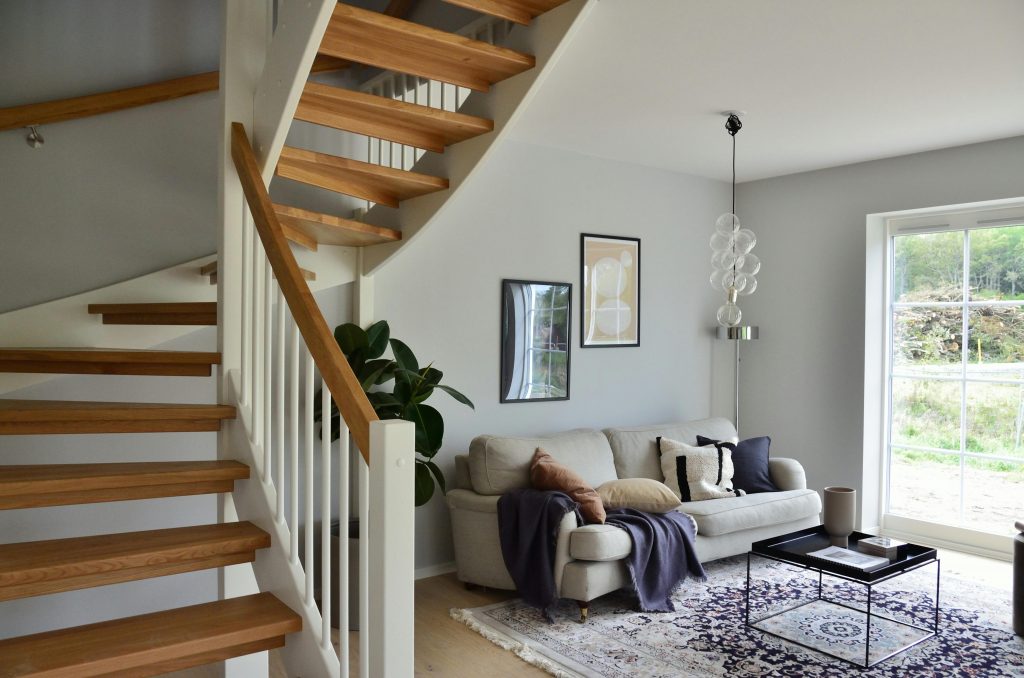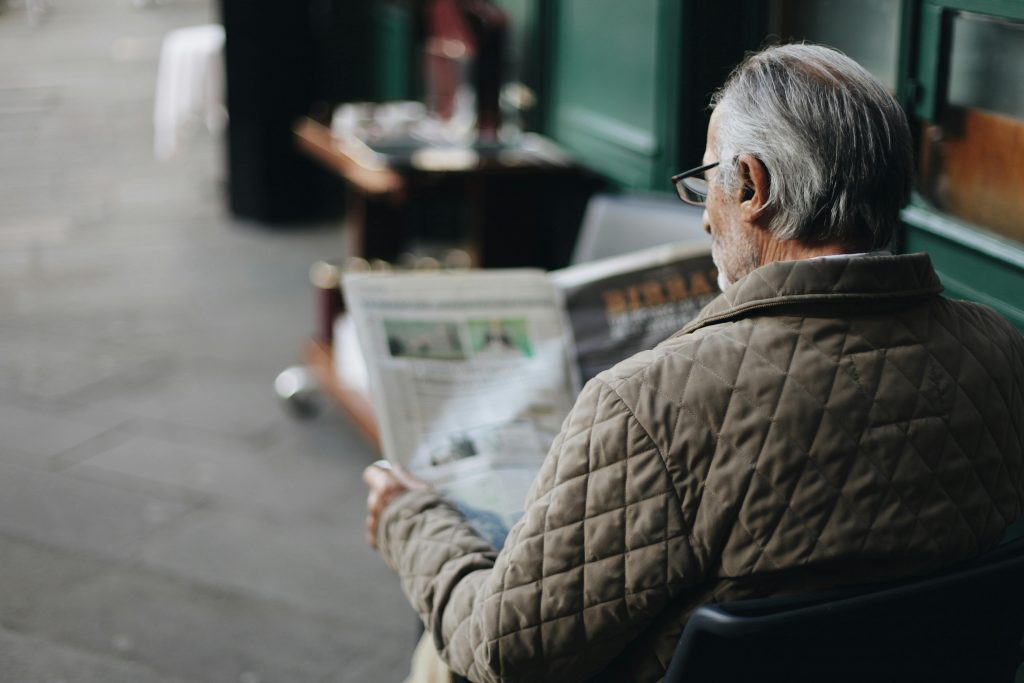
Disclaimer: This website provides health information for educational purposes only and is not a substitute for professional medical advice, diagnosis, or treatment. Always seek the guidance of a qualified healthcare provider with any questions you may have.
- Home modifications can significantly improve the safety and comfort of seniors with physical disabilities.
- Encouraging independence in seniors fosters their autonomy and boosts confidence, enhancing their life quality.
- Caregivers must prioritize their own well-being to effectively support their loved ones with physical disabilities.
- A balanced blend of support and respect for independence is crucial in empowering seniors with disabilities.
As loved ones age, it is not uncommon for them to experience physical disabilities that can make daily living a bit more challenging. It is essential to provide the necessary support and care for senior loved ones with physical disabilities to ensure they maintain their quality of life. This blog will discuss tips on effectively caring for your senior loved ones with physical disabilities.
Understand Their Needs
The first step in caring for senior loved ones with physical disabilities is to understand their specific needs. Take the time to have open and honest conversations with them about their challenges and how you can best support them. This could involve helping with mobility issues, assisting with personal care tasks, or modifying their living space to make it more accessible.
Seek Professional Help
While you may want to provide all the care yourself, it is essential to recognize when professional help is needed. Consider hiring in-home care professionals with experience working with seniors with physical disabilities. These professionals can provide valuable support and assistance while giving you peace of mind, knowing your loved one is in good hands.
Additionally, they can also provide valuable advice and resources to help you better understand how to care for your loved one’s specific needs. Make sure you thoroughly research and choose a reputable home healthcare agency that meets your loved one’s needs.
Make Modifications to the Home
One way to make caring for senior loved ones with physical disabilities easier is by making modifications to their living space. These modifications can help prevent accidents and make daily tasks more manageable. Here are four key areas to focus on:
Accessibility
Ensure that all essential living spaces are easily accessible for your loved one. This could include widening doorways, installing ramps or stairlifts, and making modifications to the bathroom. Installing grab bars or a shower seat can also significantly improve bathroom safety.
Safety
It’s essential to assess the home for potential hazards and make necessary changes to prevent accidents. This could include installing handrails on stairways and in hallways, securing loose carpets or rugs, and adding additional lighting in dimly lit areas.
Convenience
Small conveniences can make a big difference in the daily lives of seniors with physical disabilities. Consider installing automatic lights, a voice-activated virtual assistant, or motion-sensor faucets to make everyday tasks easier and more efficient.
Comfort
Lastly, don’t forget about the importance of comfort for your loved one. Make sure their living space is comfortable and accommodating for their specific needs. This could include purchasing specialized furniture, like a lift chair or adjustable bed, and ensuring their bedroom is easily accessible.
Overall, making modifications to the home can significantly improve the quality of life for seniors with physical disabilities. It’s important to regularly reassess and make changes as needed to ensure your loved one’s safety and comfort in their own home.
Encourage Independence
While it is essential to provide support and assistance, it is also crucial to encourage independence in your senior loved ones with physical disabilities. Allow them to do as much as they can on their own while still being there to lend a helping hand when needed. This will help boost their confidence and sense of autonomy, which are essential for maintaining a positive outlook on life.
Take Care of Yourself
Caring for a senior loved one with physical disabilities can be draining, so it is important to remember to take care of yourself as well. Make sure you are getting adequate sleep, eating well, and seeking support from friends or other caregivers when needed. Remember that you cannot pour from an empty cup, so taking care of yourself will ultimately benefit both you and your loved one.
Caring for a senior with physical disabilities involves a multifaceted approach that includes professional help, making home modifications to ensure safety and comfort, encouraging independence to foster autonomy and confidence, and understanding the importance of self-care for caregivers.
It’s a balance of providing the necessary support while respecting their desire for independence. By focusing on these critical areas, caregivers can help create a supportive and empowering environment for their loved ones. Remember, the goal is to enhance their quality of life and ensure they feel valued and respected every step of the way.

